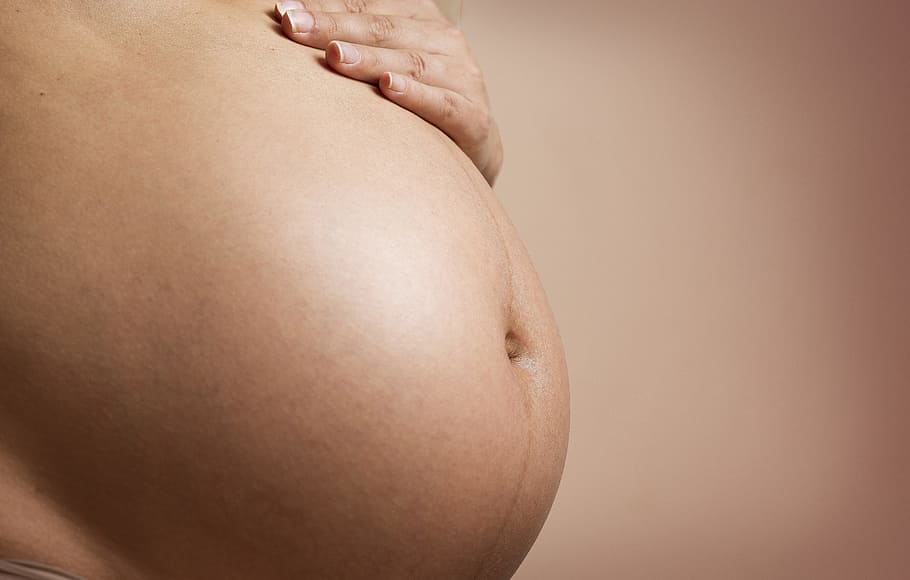News release
From:
Short-term Reactions to COVID-19 Vaccine Among Pregnant, Lactating Individuals
What The Study Did: Researchers investigated short-term reactions associated with COVID-19 vaccines among pregnant and lactating individuals compared with individuals neither pregnant nor lactating but planning pregnancy.
Expert Reaction
These comments have been collated by the Science Media Centre to provide a variety of expert perspectives on this issue. Feel free to use these quotes in your stories. Views expressed are the personal opinions of the experts named. They do not represent the views of the SMC or any other organisation unless specifically stated.
Associate Professor Alex Polyakov is a Clinical Associate Professor in the Faculty of Medicine, Dentistry and Health Sciences at the University of Melbourne and is a Medical Director at Genea Fertility Melbourne
The study published in the JAMA Network Open examined short-term side-effects of Pfizer and Moderna COVID-19 vaccination on pregnant and breast-feeding individuals, and compared it to experiences of non-pregnant women.
This was an online based study which enrolled participants via social networks and all data collected was self-reported by the participants. More than 17,000 individuals participated in this survey, 7,809 were pregnant, 6,815 were breastfeeding and 2,901 were neither. The group were similar in terms of baseline characteristics.
The main finding was that there were no differences between the rate of minor side-effects between pregnant, breastfeeding and non-pregnant/not breastfeeding individuals. The side-effects most commonly experienced were pain at injection site (91.4%) and fatigue (31.3), with myalgia (muscle pain), headaches, chills and fever being less common. All these side-effects were observed more commonly after the second dose of the vaccine compared to the first.
The conclusions that can be drawn from this study are that minor side-effects following administration of mRNA COVID-19 vaccines are common, with pain at the injection site and fatigue being most likely to be experienced.
There is no increased risk of these side-effects for pregnant and breastfeeding individuals.
Current guidelines in Australia recommend vaccination against COVID-19 for pregnant women at any stage of pregnancy and during breastfeeding and this study supports vaccine safety in these groups.
It must also be stressed that COVID-19 infection in pregnancy is associated with an increased risk of severe clinical symptoms which may adversely affect the health of the mother and the wellbeing of the fetus.
On the other hand, there is no evidence to suggest that vaccination either during pregnancy or breastfeeding is associated with a higher risk of either long- or short-term complications, compared to the general population. The balance of risks clearly favours vaccination in these at-risk groups.



 International
International



